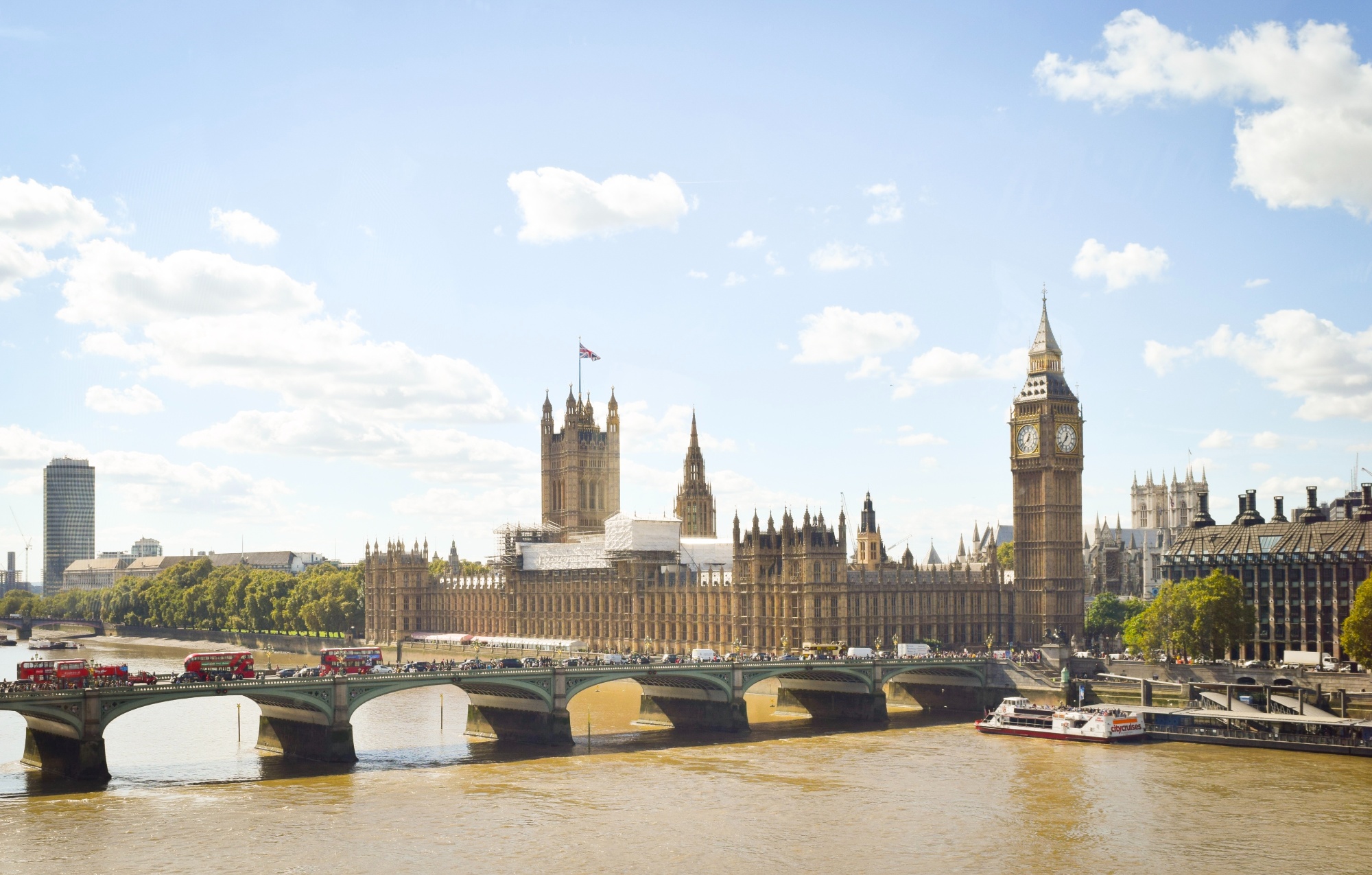
Will we take this opportunity to build a sustainable gambling industry?
And they’re off!
The consultation process following the recent Gambling White Paper is now underway. Anyone, from industry bodies to operators, safer gambling campaigners to regular punters, is welcome to have their say here. And naturally, the issue of affordability checks, and in particular what the consultation refers to as “enhanced financial risk assessments” are going to be at the front of many respondent’s minds.
The question is: will any of those respondents step up and fight for a sustainable gambling industry? Or more specifically, will those within the gambling industry, and those dependent upon it, take a long-term view and back affordability checks as an entirely fair and proportionate response to the financial harms that can - in some cases - be caused by their product?
Unfortunately, right now the answer appears to be “no”.
The British Horseracing Authority (BHA) was quick out of the blocks to remind us that “We therefore do not support blanket measures on affordability and believe that if measures are to be introduced, they should be proportionately targeted at the individual and reflect their specific circumstances”. On Twitter (or is it X?) the Betting and Gaming Council confirmed that they “wholeheartedly agree with this approach”.
Meanwhile Sean Trivass of the Horseracing Bettors Forum (quoted in the same Racing Post article) reminds us that "We were anti-affordability checks in the first place and that remains our view”.
I think there’s two things to say to these statements.
The first is the most obvious one: the idea of a ‘targeted’ affordability check is a nonsense. They are already targeted: at those spending significant amounts of money, and they are designed to establish their ‘specific circumstances’. How would you do that without a check? The idea that there is some other sort of targeting that might be relevant is, frankly, mystifying. An affordability check in this context merely serves to enforce what every decent punter learns the first time they go racing with dad or grandad: only ever bet what you can afford to lose.
The second point is broader. We have to acknowledge that there is a cohort of campaigners out there who are very much ‘anti-gambling’. This isn’t going to change, and those people and organisations who oppose the industry will, quite naturally, use the thankfully rare but nonetheless real stories of tragedy caused by problem gambling as part of that campaign.
Without affordability checks - and I mean real affordability checks - these stories will keep coming. Why would they not? As long as gambling operators are willing to take thousands of pounds from individuals, without a clear understanding of their financial circumstances, these results are inevitable.
That being the case, one wonders when precisely the penny will drop. Affordability checks are the single best way to secure the long-term future of the gambling industry. They protect players and ensure that everyone involved has the funds to support their spending.
And there’s nothing to be scared of either. Yes, the way we do affordability checks today is terrible. But it certainly isn’t the only option. Open Banking was mentioned in the original White Paper and remains the simple, secure and smart way to perform checks like these. In fact, performing checks in this way makes it easier for operators to take money from those who can afford it, whilst giving protection to those who need it.
Minimise harm, maximise revenue. That’s the real potential of affordability checks. And that’s what ClearStake will be telling the Gambling Commission. I wonder if anyone else will?








